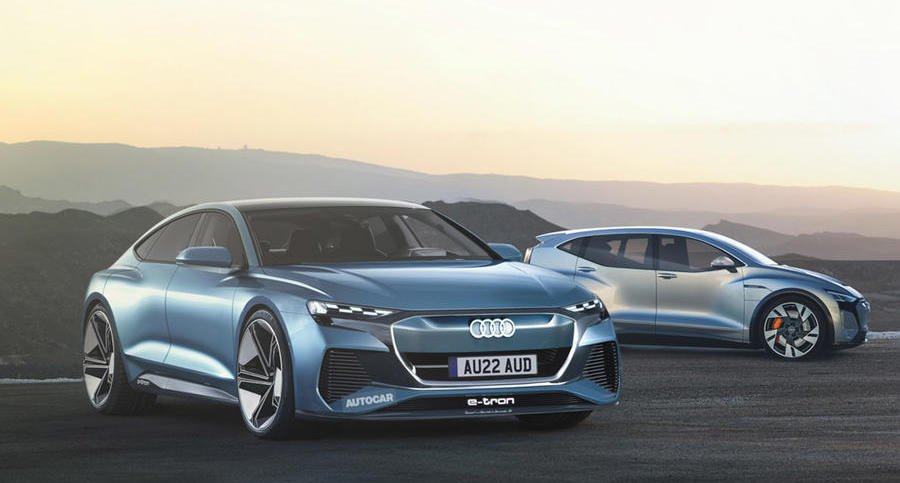Audi brings development of Project Artemis EV flagship in-house

Audi has brought development of Project Artemis – the development of a new high-tech electric flagship model – fully in-house, with project chief Alex Hitzinger stepping back from his role to take on a new task.
Artemis was a standalone business set up within Audi to develop a new Mercedes-Benz EQS-rivalling electric saloon, which is known internally as Landjet and is tipped to go on sale as the A9 E-tron.
The unit was led by Hitzinger, who previously worked on Apple’s car project and ran Porsche’s Le Mans-winning LMP1 sports car programme.
Audi has now confirmed that the project will be brought in-house, with its technical boss, Oliver Hoffmann, taking over control. It said that “following the successful conclusion of the conceptual phase,” vehicle development will be led by Audi’s technical department with Cariad, the Volkswagen Group’s software arm (previously known as Car.Software), taking over all software development.
Audi boss Markus Duesmann thanked Hitzinger for “his commitment to the early phase” of the project, adding: “Without this work, coupled with his experience and his knowhow, the vehicle wouldn't be delivered to our customers in 2025.”
The reshuffle comes after reports that Audi and Volkswagen Group bosses had been concerned about the progress of the Artemis project. In February, German publication Manager Magazin said there were worries that the project was pursuing too many ideas that weren't suitable for mass production.
The movements within Artemis follows a wider reshuffle of the Volkswagen Group’s EV programmes, which includes the development of the new SSP platform (a fusion of the existing MEB and PPE architectures), which is due in 2024.
The A9 E-tron is due to be the first car built on that platform, which will eventually underpin around 80% of the Volkswagen Group’s EVs, as well as being the first to feature a new version of the VW.OS operating system software.
